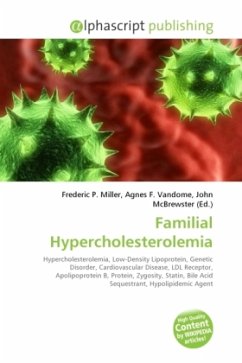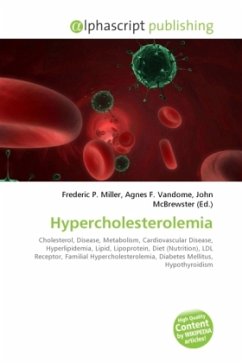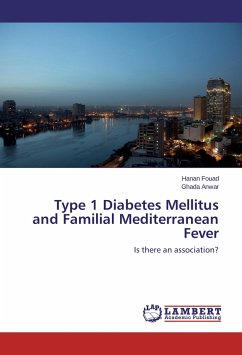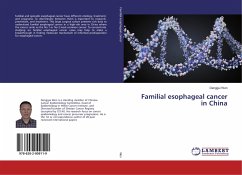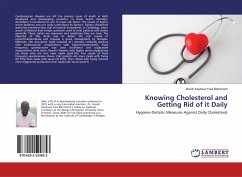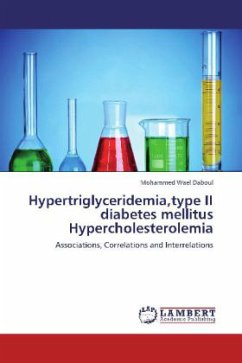Familial hypercholesterolemia (abbreviated FH, also spelled familial hypercholesterolaemia) is a genetic disorder characterized by high cholesterol levels, specifically very high low-density lipoprotein (LDL, "bad cholesterol") levels, in the blood and early cardiovascular disease. Many patients have mutations in the LDLR gene that encodes the LDL receptor protein, which normally removes LDL from the circulation, or apolipoprotein B (ApoB), which is the part of LDL that binds with the receptor; mutations in other genes are rare. Patients who have one abnormal copy (are heterozygous) of the LDLR gene may have premature cardiovascular disease at the age of 30 to 40. Having two abnormal copies (being homozygous) may cause severe cardiovascular disease in childhood. Heterozygous FH is a common genetic disorder, occurring in 1:500 people in most countries; homozygous FH is much rarer, occurring in 1 in a million births. Heterozygous FH is normally treated with statins, bile acid sequestrants or other hypolipidemic agents that lower cholesterol levels.
Bitte wählen Sie Ihr Anliegen aus.
Rechnungen
Retourenschein anfordern
Bestellstatus
Storno

